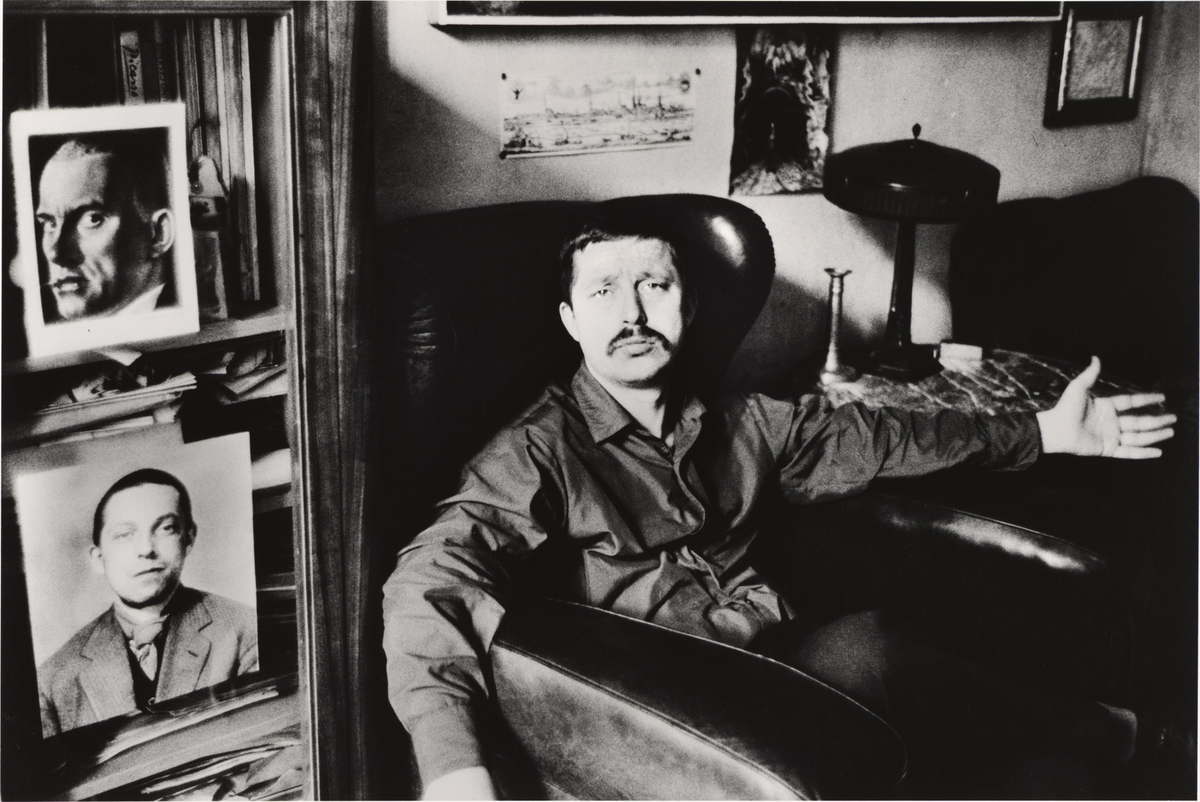Abstract
In 1953, at the age of 16, Wolf Biermann—the son of communist
resistance fighter Dagobert Biermann, who was murdered by the Nazis at
Auschwitz—emigrated from Hamburg to the GDR. There, he was active as a
poet and songwriter and became known as a critic of the regime. Since
his anti-fascist credentials were unassailable, Biermann was a
real thorn in the side of the SED government. After Biermann’s volume of
poetry “Die Drahtharfe” was published in West Berlin, he was banned from
performing his songs in the GDR. Nevertheless, his music continued to
circulate in cultural circles that were critical of the regime. In 1976,
Biermann was invited to perform in the Federal Republic and received
permission for the trip. Biermann was in the West when the SED
expatriated him on November 17, 1976.
